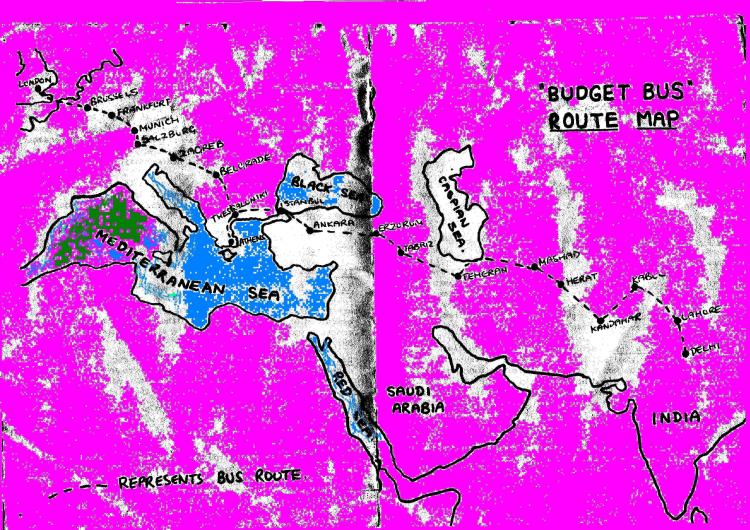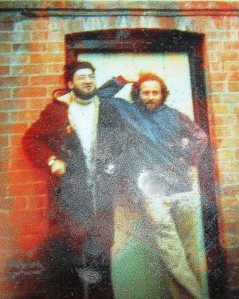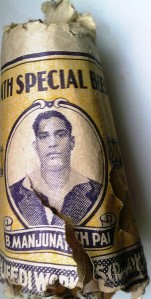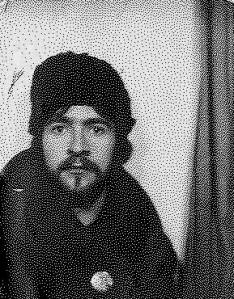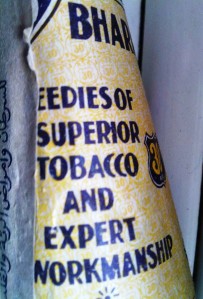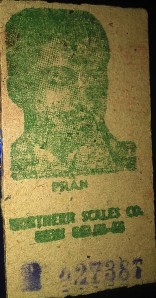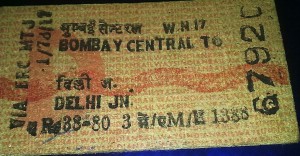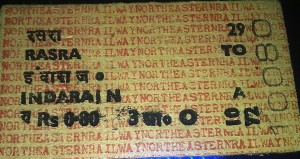17 NOVEMBER 1973
Driver (A) GEORGE OUGHTON
Driver (B) LES OUGHTON
Assistant: RAJ VERMA
01. MISS M FINKELSTEIN
02. MR T PEARSON
03. MRS M PLAYFORD
04. MR P PLAYFORD
05. MRS R HAWES
06. MR P HAWES
07. MR P MAY
08. MISS R MACLAUCHLAN
09. MISS F MARTINE
10. MR R POTTER
11. MISS S SHERLOCK
12. MISS J JONES
13. MR T WATKINS
14. MISS E CEBALLOS
15. MISS S EDGAR
16. MR I WHITEHEAD
17. MR J STAPLEHURST
18. MR K CREAN
19. MISS M KENT
20. MR A KING
21. MR N BALDWIN
22. MISS D PATTON
23. MR W KNAPP
24. MR B OSBOURNE
25. MR J SINGER
26. MISS K HANSON
27. MR M BIRD
28. MR K BYRNE
29. MR H BEATTIE
30. MR T HARA
31. MR R HASSON
32. MR G FRY
33. MR A AMINTINAT
34. MR T FULTON
35. MR R GRIGSON
36. MR A TRICKER
37. MR J HARRIS
38. MR J BROWN
39. MISS I SPICER
40. MR R MACLURE
41. MISS A TOWENSON
42. MR P BAIKIE
43. MR M BENTLEY
44. MRS C DELOUP
45. MR D DELOUP
46. MR G COX
47. MR JOHNSON
